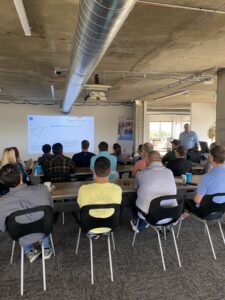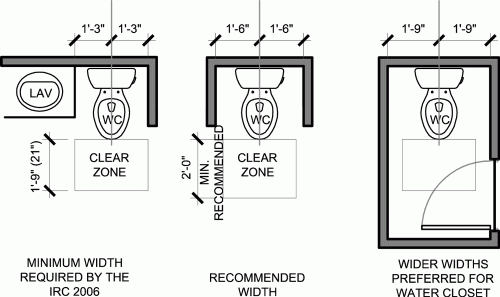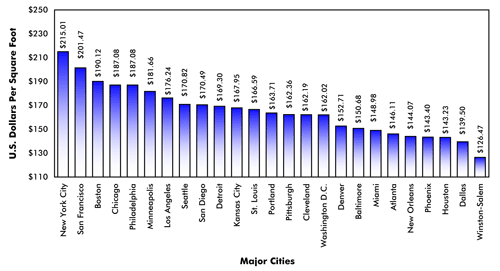Surveying 101: Foundations of Precision in Design & Construction
Setting the Stage
At EVstudio, we often say that every great project begins with a solid foundation. What sometimes gets overlooked, however, is that the first foundation isn’t poured concrete or steel framing—it’s information. Surveying is the discipline that provides that information, and without it, even the most carefully crafted designs risk falling short once they meet the realities of the site.
Beyond Boundaries
In our recent Surveying 101 session, our team explored how surveying shapes the entire life of a project. Far beyond drawing property lines on a map, surveying is about capturing the ground truth: the subtle contours of a site, the precise placement of boundaries, the hidden conditions that can affect construction. It’s the difference between designing in the abstract and designing for the real world.
Precision at Every Stage
The conversation highlighted just how much rests on accurate measurements. From topographic surveys that reveal how land slopes and drains, to construction staking that translates digital drawings into real-world markings, surveyors play a pivotal role at every stage. Even once construction is complete, as-built surveys provide a reliable record of what exists on the ground—something future designers and builders will depend on.
Collaboration Across Disciplines
What stood out in this session was how interconnected surveying is with every discipline we practice at EVstudio. Civil engineers rely on it to plan grading and utilities. Structural teams need it to align foundations precisely. Architects use it to situate buildings thoughtfully within their context. Without survey data, each of these steps would be like working without a compass.
Balancing Accuracy and Adaptability
The team also underscored the importance of precision and adaptability. A small miscalculation can ripple through a project, leading to costly rework or misaligned construction. Yet, as every surveyor knows, sites are unpredictable. Rocks, hidden utilities, or unexpected soil conditions often test the best-laid plans. That’s why surveying is as much about problem-solving as it is about measurement—anticipating challenges, adjusting to real-world conditions, and documenting clearly so everyone downstream has reliable information.
A Foundation of Trust
At EVstudio, we view surveying not as a separate task but as an integral part of design. It informs decisions early in the planning process, keeps construction aligned with intent, and provides confidence that the finished product truly matches the vision.
Ultimately, Surveying 101 reminded us of something simple but profound: the built environment depends on unseen layers of accuracy. Surveying ensures those layers are in place so that every design decision, from the placement of a wall to the grading of a road, rests on a foundation of trust.

Mike Kervin presenting “Surveying 101” to the company







